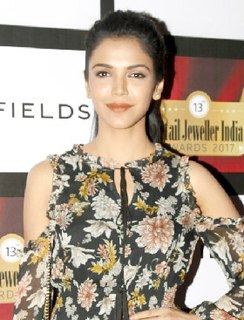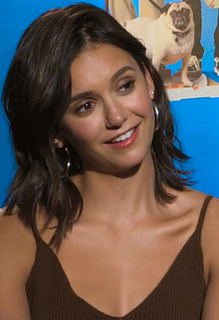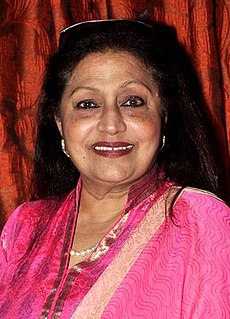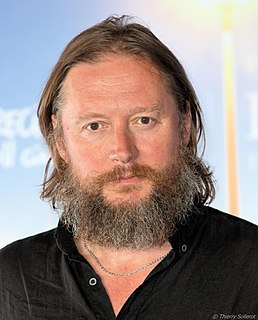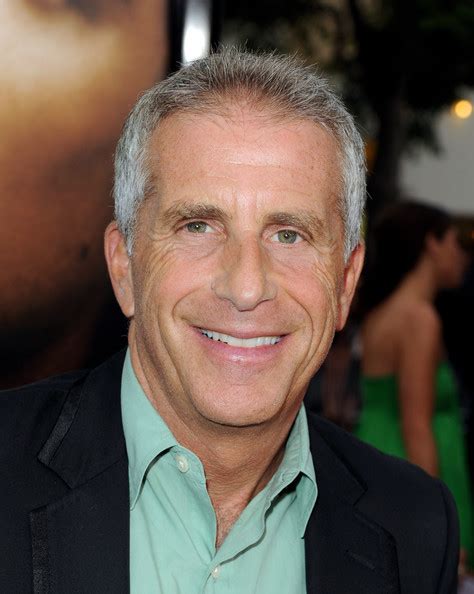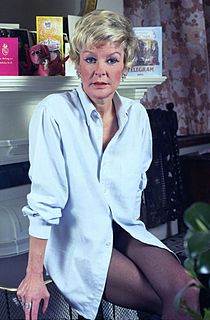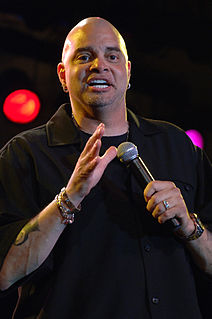A Quote by Shriya Pilgaonkar
I have been a part of four different genres - a political satire, gangster drama, thriller and period drama.
Related Quotes
Making this movie as a period piece about a period that was very recent in people's minds. I was in Taiwan [during the 1970s], so I hope I did all right. Otherwise, it could be the biggest embarrassment of my life. Also, the story is not linear, it's patchy, like a cubist painting, and there is always the possibility it will not hold together, it will fall apart. The tone is part satire, part serious drama, part tragedy, all mixed together, and it has to hit an emotional core. That's also very scary.
Each form of the acting is different. I think it keeps your mind active. TV, film and theater are different disciplines, as are independent films, opposed to studio films. There are differences in the size and the genre, or a period drama as opposed to a contemporary drama, or the types of characters.
I am a fan of all genres. My big thing is to serve the purpose of the script and what the director wants. If it's a comedy, I want to be funny; if it's action, I want to bring the action. If it's drama, I want to be the catalyst for that drama. That's the fun part; it never gets boring being an actor.
I don't have personal experience and knowledge about anything but theater. I've been tutored very well on the subject, but ultimately I'm going back to the rules of drama. There are genres that I like as an audience member that I can't write as a writer. I can't write crime, and I like a good thriller as much as anybody.
